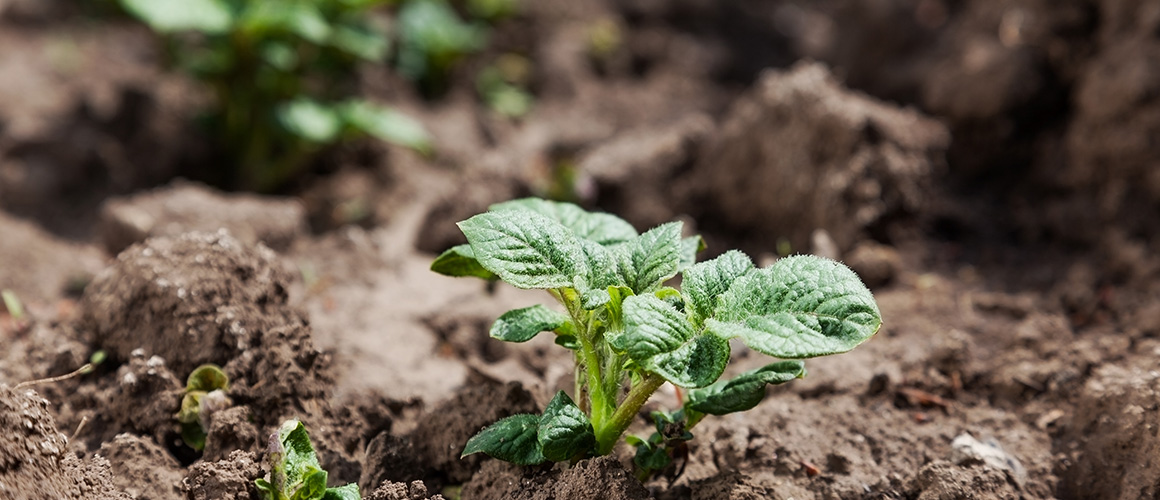Levy-funded project gives insight into Spongospora root diseases
A research project undertaken by the Tasmania Institute of Agriculture (TIA) has investigated methods to manage Spongospora root diseases in potato crops.
The four-year project, completed by the potato pathology team at TIA, made significant gains in understanding the soil-borne pathogen Spongospora subterranea, which causes root infection, powdery scab of tubers and can cause reductions in potato crop yields.
The study produced a number of findings, including potential limitations of fungicides for disease control, how soil inoculum levels may be boosted by planting potato crops into infested soils and the effect of foliar plant growth regulation treatments.
This project identified several key recommendations for growers and for future studies to develop and optimise the new management strategies tested, including choosing cultivars with greater resistance to root infection; diligent volunteer and solanaceous weed control; compensation of damage to infected roots through treatments that enhance root development and upscaling and testing of resting spore stimulants to deplete soil pathogen levels between potato crops.
A full summary of this project, including a detailed insight into the findings and recommendations, can be found on pages 28-29 of the latest Potatoes Australia magazine.
This post appeared in the AUSVEG Weekly Update published 04 September 2018. Subscribe to the Update using our online form to receive the latest industry news in your inbox every week!
| PT14002 Spongospora infection of potato roots – ecology, epidemiology and control has been funded by Hort Innovation using the fresh potato and potato processing resesarch and development levies, co-investment from Simplot Australia Pty. Ltd., McCain Foods Australia Pty. Ltd., in-kind contributions from the Tasmanian Institute of Agriculture and contributions from the Australian Government. |  |

